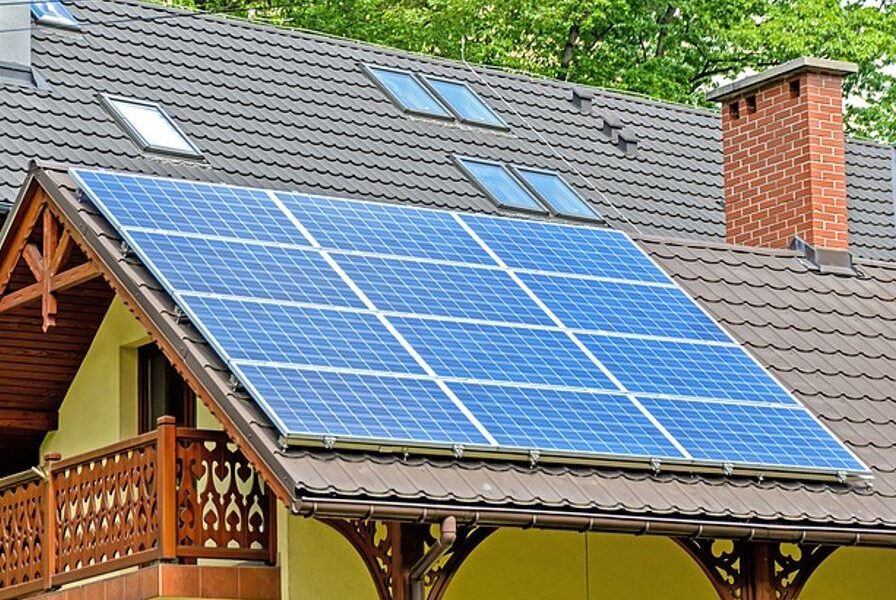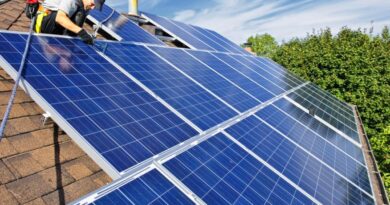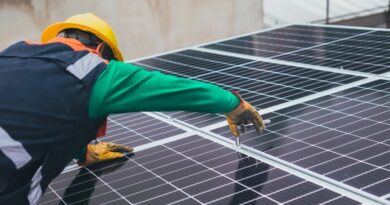How Do Solar Panels Work: The Go-Green Guide
Are you interested in installing solar panels, but you’re not sure what they do or if they’re worth the investment? After all, how do solar panels work anyway?
Solar energy is pretty simple when you break it down. We’ll do that for you in this go-green guide so you can decide if they’re the right fit for you.
How Do Solar Panels Work?
The sun produces packets of energy called photons or particles of light. These photons travel to the Earth roughly every eight minutes. And every hour, more power from the sun hits the Earth than the global population uses in a year.
A solar panel consists of a layer of silicon cells, glass, a metal frame, and wires. Silicon has conductive properties that enable it to accept and convert energy.
Solar panels absorb these photons into photovoltaic (PV) cells. The photons knock electrons loose in the atoms inside these PV cells, which generates electricity.
Using inverter technology, these PV cells create DC (direct current) electricity and convert it into AC (alternating current) energy. Most appliances and electronics use AC energy.
AC power flows into a home’s electrical panel, which can then be used as needed. If your solar panel creates more energy than you need, that excess energy can go into the electric grid.
Photovoltaic only accounts for a small percentage of energy consumption in the United States right now. However, the cost of solar continues to go down, prompting more people to switch to this greener alternative.
If you’re ready to go green, find the best solar company for your needs.
Solar Net Metering
Any unused energy produced by solar panels is stored in the utility meter for consumption. In some states and cities, homeowners can send that excess electricity to the electric grid.
Certain utility companies offer credits to customers for the extra energy produced and fed into the grid. These energy credits can be applied toward the next power bill.
You can sell the excess energy your solar panel creates for the same price you buy it. Keep in mind that not all companies offer a solar net metering policy.
What Are the Types of Solar Power?
Photovoltaic power is the most common source of solar energy generation among homeowners and businesses, but there are also other types of solar power. These include solar hot water and concentrated solar power.
Solar hot water systems take thermal energy and heat up water for use at home. In short, they transform sunlight into heat. These systems contain a storage tank, heat exchanger, collectors, control systems, and backup heaters.
Collectors are often installed on rooftops and generate heat. This heat moves into an absorber plate and through a transfer fluid.
Concentrated solar power also takes light from the sun and converts it into heat. This system uses mirrors and a focal point to absorb and store concentrated heat energy.
Ready to Start Using Solar Panels?
Now that you know a bit more about the science, you won’t have to ask, “How do solar panels work anyway?” Solar energy is a path toward a greener future, so if you’re ready to start using solar panels, contact an installer near you.
To learn more about going green, new technology, and the latest news, be sure to take a look at our other posts and keep coming back for more.




